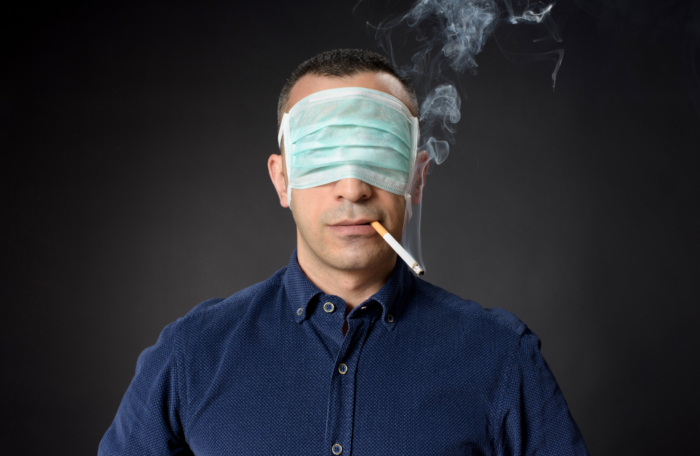Smokers, Mass. lawmakers may have saved N.H. businesses from tax hike
Cigarette smokers and flavored tobacco scavengers from Massachusetts produced a surge of New Hampshire tobacco tax revenue that almost single-handedly prevented a business tax increase, preliminary, unaudited state figures suggest.
State tobacco tax collections rose significantly in March, April and June, putting tobacco tax revenue $14.5 million (7.3%) higher than budgeted and $13.7 million (6.9%) higher than last year, according to the Department of Administrative Services’ June revenue report.
Revenue from the federal tobacco settlement was $2.9 million above plan, for a total tobacco-related increase over budget projections of $17.4 million. Preliminary, cash figures suggest that the state missed triggering an automatic business tax hike by $15.35 million.
In the last state budget, lawmakers included a provision that would trigger automatic business tax hikes if state general and education fund revenue fell at least 6% below projections. Based on June’s cash figures, revenues appear to have fallen 5.4% below projections. These are preliminary figures, however, and are subject to revision when adjustments are made based on the state’s later, more thorough accounting of the year’s revenues.
If these figures hold, business owners could reasonably thank smokers and Massachusetts lawmakers for helping to prevent those automatic tax hikes. Tobacco tax revenue was 34.6% above budget in June, 34.9% above budget in April, and 10% above budget in March.
Department of Revenue Administration staff say those increases are most likely caused by smokers stocking up for the first lockdown and in anticipation of a second lockdown, combined with Massachusetts residents crossing the border to buy flavored tobacco.
Massachusetts banned the sale of flavored tobacco products, including flavored snuff and chewing tobacco, effective June 1. In addition to a cigarette sales surge, state tobacco tax data show a large increase in smokeless tobacco sales, particularly snuff, in June.
Sales of what the state classifies as “other tobacco products,” meaning everything excluding cigarettes and premium cigars, have spiked in recent months, surpassing 7% of all tobacco sales in June.
A sizable portion of that is likely related to the Massachusetts ban on flavored tobacco products. In addition to flavored smokeless tobacco, the ban also includes menthol and other flavored cigarettes as well as flavored vaping products.
New Hampshire budget writers expected to supplement state revenues this year by applying the tobacco tax to electronic cigarettes. Last year, legislators expanded the tobacco tax to cover e-cigarettes, even though there is no tobacco in e-cigarettes.
The tax went into effect on January 1, but it has produced less revenue than expected. By the end of the state’s 2020 fiscal year on June 30, taxes on e-cigarettes had generated just $1.2 million.
Legislators budgeted $5.7 million in revenue from e-cigarette sales for Fiscal Year 2021, which began on July 1. Based on the first six months of collections this year (covering the final half of Fiscal Year 2020), that projection seems unrealistic. Collections so far suggest that the state could expect to bring in less than half what it projected to take from e-cigarette sales in FY 2021.



